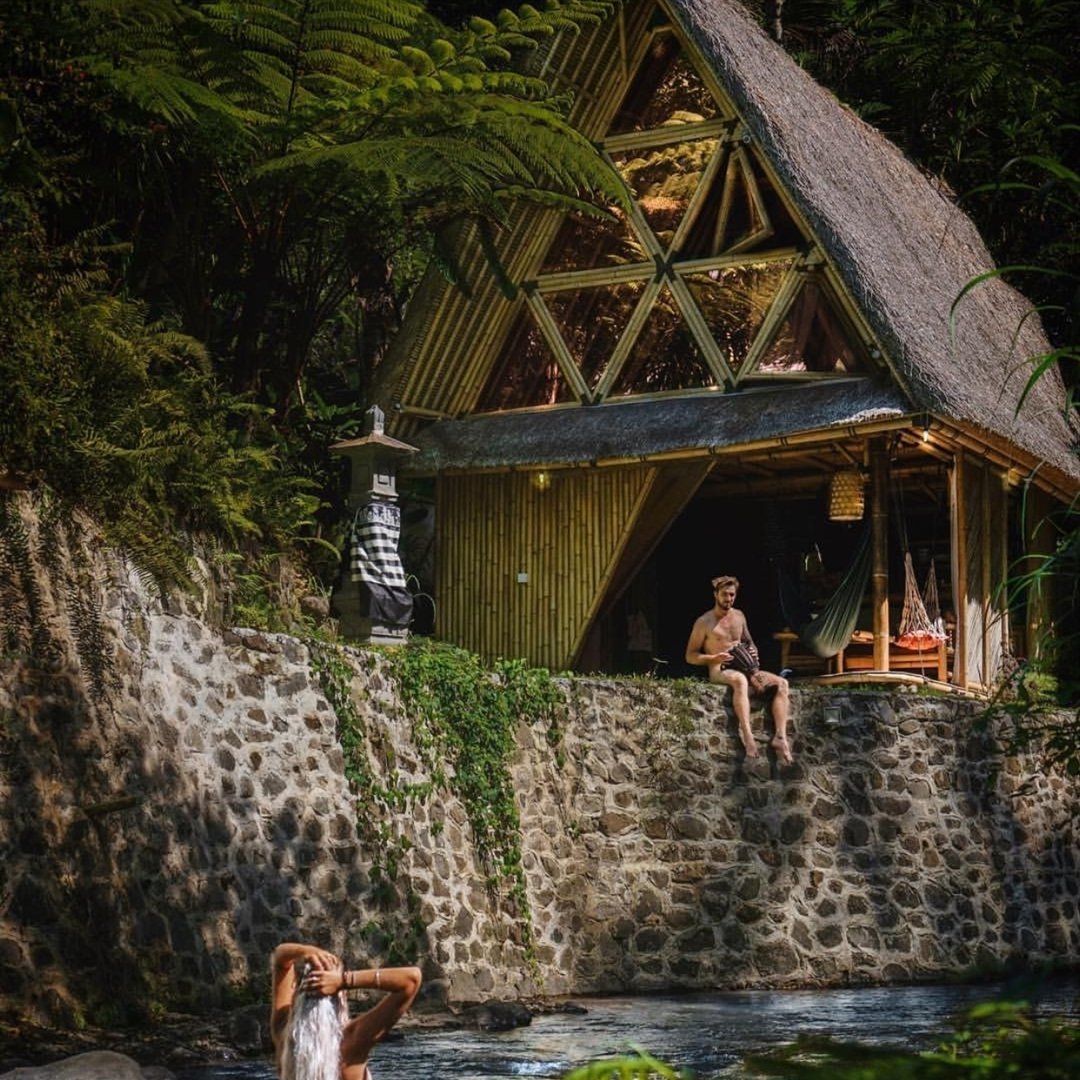You may know that Kwanzaa is the holiday between Christmas and New Year's, but did you know there are seven key principles of Kwanzaa? For each day of Kwanzaa there is a specific principle to concentrate on. Each principle and each day is all about living and loving in your community while encouraging those around you to do the same. Below are the seven essential principles of Kwanzaa, or the Nguzo Saba.
Snapshot Survey
Thanks for sharing your thoughts!
Please subscribe for your personalized newsletter:
Successfully subscribed!
Thank you for subscribing! Check your inbox for personalized content.
1. Umoja – Unity
The first day of Kwanzaa holds the most important of the seven principles of Kwanzaa. Umoja stands for Unity. This is the underlying principle of the holiday, which was created to encourage predominately African American communities in urban areas to improve their environments. Umoja is a reminder to maintain unity in family, nation, race and community. Though these principles were created for a subset of people, they are relevant to every community regardless of race or environment. These are concepts we can all use to make the places we live even better.
2. Kujichagulia – Self-Determination
Kujichagulia, or Self-Determination, has a lot to do with knowing yourself. Self-determination is not only making a way for yourself, it’s taking responsibility for your own actions. It’s knowing that only you have the control to make your life what you want it to be. Kujichagulia is a reminder to stay focused and create a way for yourself by paying attention and taking advantage of the opportunities presented to you.
3. Ujima – Collective Work and Responsibility
Ujima stands for Collective Work and Responsibility. This seems really involved, but it’s honestly so simple! Basically it means that the issues our neighbors deal with are not just their issues. The glue that holds a community together is the feeling of mutual responsibility. It’s our job to assist our fellow man when he is in need. In turn, he’ll help us when we need a hand! Have you heard the saying “two heads are better than one”? That’s a great definition of Ujima! Working together, problems are solved faster and more efficiently.
4. Ujamaa – Cooperative Economics
If you’ve heard of ‘small business Saturday’ or if you’ve been a part of any drive to ‘shop local,’ then you’re familiar with the concept of Ujamaa, which means Cooperative Economics. The goal of Ujamaa is to do all we can to keep the money spent inside the community. Helping local merchants gives back to our neighbors. This is important! When your neighbors profit, so do you. It can be difficult, but the idea of maintaining and supporting local business is key to helping communities survive without the need to forever access help from corporate or political means.
Sunshine and blue skies bring positivity and joy and it's important for every woman to take full advantage of it. Even when stuck indoors, it's still possible to enjoy some good vibes. Check out these unique tips on how to make the most of the weather right at your home. Let's celebrate every beautiful day, no matter where we are.
5. Nia – Purpose
Nia is the fifth day of Kwanzaa. Nia stands for Purpose. The goal of finding your Nia, or purpose, is so that you will be able to use your purpose to work toward a career that is fulfilling for you. In turn, you’ll be able to use your vocation to give back to the community. As your career develops, you should also work to restore your community in whatever way your job allows. For example, if healthcare is your purpose, perhaps you’ll become a doctor. As a doctor, setting up a clinic in your community would be an expression of Nia.
Gallery Spotlight
Save and share the images that inspire you. Tag @allwomenstalk to get featured.
Save
6. Kuumba – Creativity
The sixth day of Kwanzaa is Kuumba, which means Creativity. Not all of us are considered creative people. But it’s important to remember that creativity can take on several forms. While someone who is a painter may use their creativity to make lovely works of art to enhance the beauty of the community, an accountant may know a ‘creative’ solution to helping a new business succeed. Everyone plays a part to offer creativity and make the community a great place to live.
7. Imani – Faith
Kwanzaa is not necessarily a religious holiday. Although Imani stands for Faith, it’s not in a religious sense. When we talk about faith within Kwanzaa, we are discussing faith in self and faith in family and community. Understanding that each of us has a purpose and allowing our community to develop takes faith. Believing that we can achieve everything we set our minds to also requires faith. It’s the last day of Kwanzaa, therefore it sets us up to believe that we can achieve great things all year long!
Once all of your Christmas presents are unwrapped, break out the Kwanzaa candles and celebrate your community! Do you normally celebrate Kwanzaa? What are your favorite days?
Snapshot Survey
Thanks for sharing your thoughts!
Please subscribe for your personalized newsletter:
Successfully subscribed!
Thank you for subscribing! Check your inbox for personalized content.
Comments

EST 2005
Evolve. Empower. Elevate.
- Creators on the platform
- 3,000+
- Total social reach
- 12M+
- Features published
- 100K+
Create your profile. Earn badges. Level up your reading.
Join Allwomenstalk to track your streaks, collect badges, and earn XP for the things you already do—reading, sharing, and taking quizzes.
- 🔥Daily streaks with gentle boosts for 3, 7, and 30 days.
- 🏅Collect badges like Reader I–III, Socialite, and Quiz Ace.
- ⚡️Earn XP for reads, deep reads, likes, comments, and shares.
It’s free. Takes 30 seconds. Already have an account? Sign in.




Feedback Junction
Where Thoughts and Opinions Converge